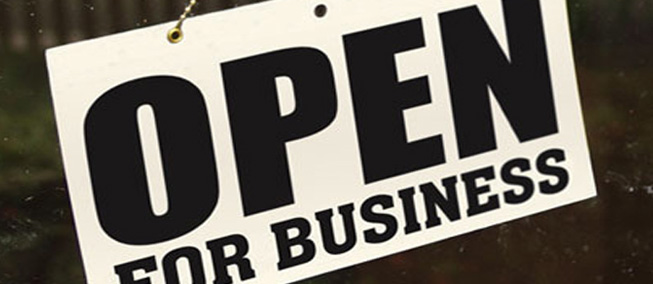Labor force in flux as workers grapple with pandemic problems, new business opportunities
by January 30, 2022 10:05 am 1,238 views

UA Walton College of Business economist Mervin Jebaraj sees a transformative development unfolding in Arkansas’ workforce. It’s not just the loss of jobs due to the COVID-19 pandemic; it also involves a new challenge for employers.
Prior to the pandemic’s eruption nearly two years ago, the state’s workforce was grappling with labor challenges stemming from demographic forces, particularly as a generation of Baby Boomers approached retirement and technological advances cut into worker skills and availability.
Generally speaking, the pandemic added burnout to workers in the healthcare and education workforces, not to mention new difficulties for caring for immunocompromised older relatives and children who may or may not be attending in-person school. Loss of revenues and market share due to health concerns led to business closures in the retail and leisure and hospitality sectors.
But last year, something unexpected occurred.
“What we’ve seen is that the number of business applications in Arkansas in 2020 and 2021 skyrocket. The fact is it’s the fastest growth in business applications in Arkansas that we’ve ever seen, and it’s the fastest growth in business applications nationwide as well,” Jebaraj said in a Talk Business & Politics interview that comes on the heels of his annual economic forecast.
Applications for new businesses were up 30% last year. The new business growth is now competing for many of those workers laid off or burned out in the pandemic, and Jebaraj said that’s making it more difficult for employers to find and hire good help.
“So in addition to the businesses that already existed in 2019 and early 2020 looking for people to work, there all of a sudden are brand new businesses that are also trying to hire people,” he said. “We are having a massive increase in new businesses that we’ve never seen before in Arkansas, or in this country, and they’re also all looking for people to work.”
Arkansas added 27,000 jobs in 2021 – the “fastest pace of growth” since 2015, says Jebaraj. But that doesn’t make up for the 38,000 jobs lost in 2020.
“It’s still a lot higher than most years that we’ve seen in the past decade or so, but it’s still not enough to get us back to the path that we would have been on without the pandemic,” he said.
Jebaraj is tepid about strong economic growth in 2022. He said the end of federal stimulus checks, which have contributed to strong consumer spending, and the struggling labor issues in healthcare, education and hospitality will be a challenge for recovery.
“So again, these particular [labor] supply issues – childcare, retirements, fears of contracting COVID or spreading disease – those are all pandemic-related and if we resolve them, we’ll deal with some of the labor supply issues. And then we’ll just go back to the labor supply issues that we had before the pandemic and try to address workforce issues, education issues, and things like that,” he said.
You can watch his full comments in the video below.
